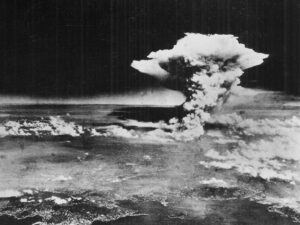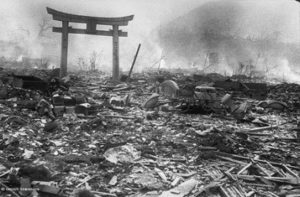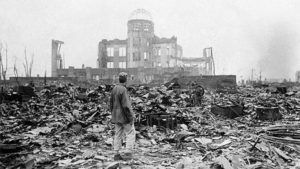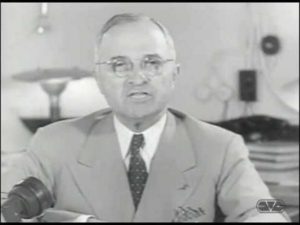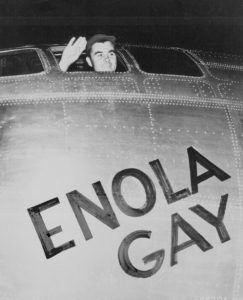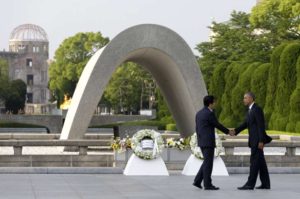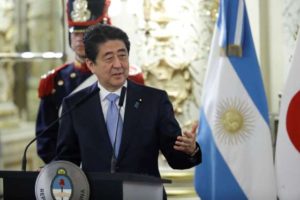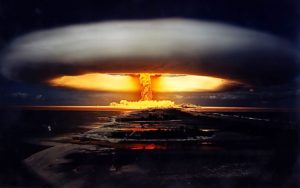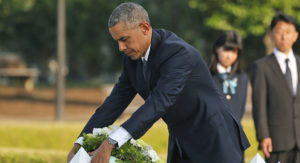The world changed forever 75 years ago to this very day.
That was when a B-29 bomber took off from Tinian Island in the Pacific Ocean and dropped a single explosive device on Hiroshima, Japan. In an instant, tens of thousands of people were vaporized; many thousands more would die from the effects of that nuclear blast.
The nation was involved in a world war with Japan. Another airplane would take off three days later and inflict the same level of destruction on Nagasaki, Japan. A week after that second blast, the Japanese surrendered. World War II was over.
They danced in the streets of this country. A few days after surrendering, Japanese and Allied officials met in Tokyo harbor to sign the documents.
We look back on this day with grimness. It’s not a moment to celebrate. It is an event to commemorate with somber reflection. I am not particularly proud to have been born in the only nation on Earth to have used nuclear weapons in war. Indeed, it is a grim reminder of the path we took to reach that moment.
We had been fighting Japan, Nazi Germany and (until 1943) fascist Italy since 1941. Then in April 1945, our commander in chief, President Roosevelt, died in Georgia and suddenly, a modest man from Missouri, Harry Truman, was thrust into the role of president.
He didn’t know about the atomic weapon being developed in New Mexico until someone from the Joint Chiefs of Staff told him about this new weapon that could end the war quickly. President Truman weighed the cost of unleashing this device against the cost of invading Japan; he chose to use the bomb.
I have long embraced President Truman’s decision. Why? I had skin in that game. You see, my father was in the Philippines when Hiroshima and Nagasaki were incinerated. He was a proud Navy sailor who might have taken part in that invasion of Japan had the order been given and, yes, he could have died in that effort. He had survived intense combat in The Med and likely figured he was living on borrowed time.
So, you must understand that President Truman’s decision allowed me to be born into this world.
Do I celebrate those twin events? Do I perform a happy dance just knowing a wartime president’s resolve allowed me to enter this world? I do none of that.
I merely want to echo the refrain we have heard in the decades since that fateful event: Never again.
